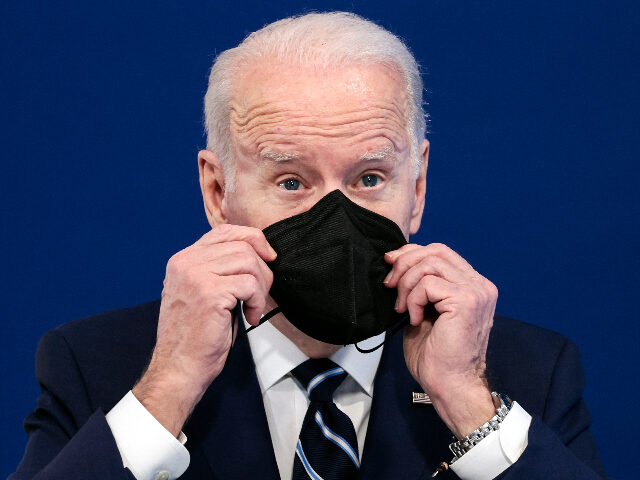The rise in gasoline prices and elevated pessimism about the economy sent consumer confidence tumbling in September.
The Conference Board said its index of consumer confidence fell to 103.0 in September, the lowest reading in four-months.
This is the second month of plunging confidence as consumers are faced with high prices of gasoline, sky-high grocery bills, rising interest rates, and doubts about the near-term economic prospects of the U.S.
The expectations crashed nearly 10 points to 73.7 from 83.3 in the prior month.
“Expectations fell back below 80—the level that historically signals a recession within the next year. Consumer fears of an impending recession also ticked back up, consistent with the short and shallow economic contraction we anticipate for the first half of 2024,” the Conference Board said Tuesday.
The gauge of how the economy is doing right now rose slightly in August.
“Consumer confidence fell again in September 2023, marking two consecutive months of decline,” said Dana Peterson, Chief Economist at The Conference Board. “September’s disappointing headline number reflected another decline in the Expectations Index, as the Present Situation Index was little changed. Write-in responses showed that consumers continued to be preoccupied with rising prices in general, and for groceries and gasoline in particular. Consumers also expressed concerns about the political situation and higher interest rates. The decline in consumer confidence was evident across all age groups, and notably among consumers with household incomes of $50,000 or more.”
The results missed expectations for a smaller decline to 105.8 from the previous August reading of 106.1. The August reading was revised up to 108.7, making the decline even bigger.
Peterson added:
“Assessments of the present situation were little changed overall, due to divergent views on the state of business conditions and job availability. Fewer consumers said that business conditions were good, but fewer also said they were bad. Regarding the employment situation, slightly more consumers said that jobs were “plentiful,” but also slightly more said that jobs were “hard to get.” When asked about current family financial conditions (a measure not included in calculating the Present Situation Index), the share of respondents citing a ‘good’ situation fell again, and those citing ‘bad’ conditions rose, signaling rising concerns about current family finances.
“Expectations for the next six months tumbled back below the recession threshold of 80, reflecting less confidence about futurebusiness conditions, job availability, and incomes. Consumers may be hearing more bad news about corporate earnings, while job openings are narrowing, and interest rates continue to rise—making big-ticket items more expensive. Expectations for interest rates declined in September after surging in the prior month, but the outlook for stock prices continued to fall. Notably, average 12-month inflation expectations have held steady over the past three months despite ongoing complaints about higher prices. Still, the measure of expectedfamily financial situation, six months hence (not included in the Expectations Index) worsened further.
“The proportion of consumers saying recession is ‘somewhat’ or ‘very likely’ rose in September after dropping in August. The fluctuating soundings likely reflect ongoing uncertainty given mixed buying plans. On a six-month moving average basis, plans to purchase autos were flat but remained at an elevated level, while plans to purchase appliances continued to trend upward. But plans to buy homes—more in line with rising interest rates—continued to trend downward.”
The bigger-than-expected decline is likely to add to worries that the economy could slip into a recession next year.

COMMENTS
Please let us know if you're having issues with commenting.